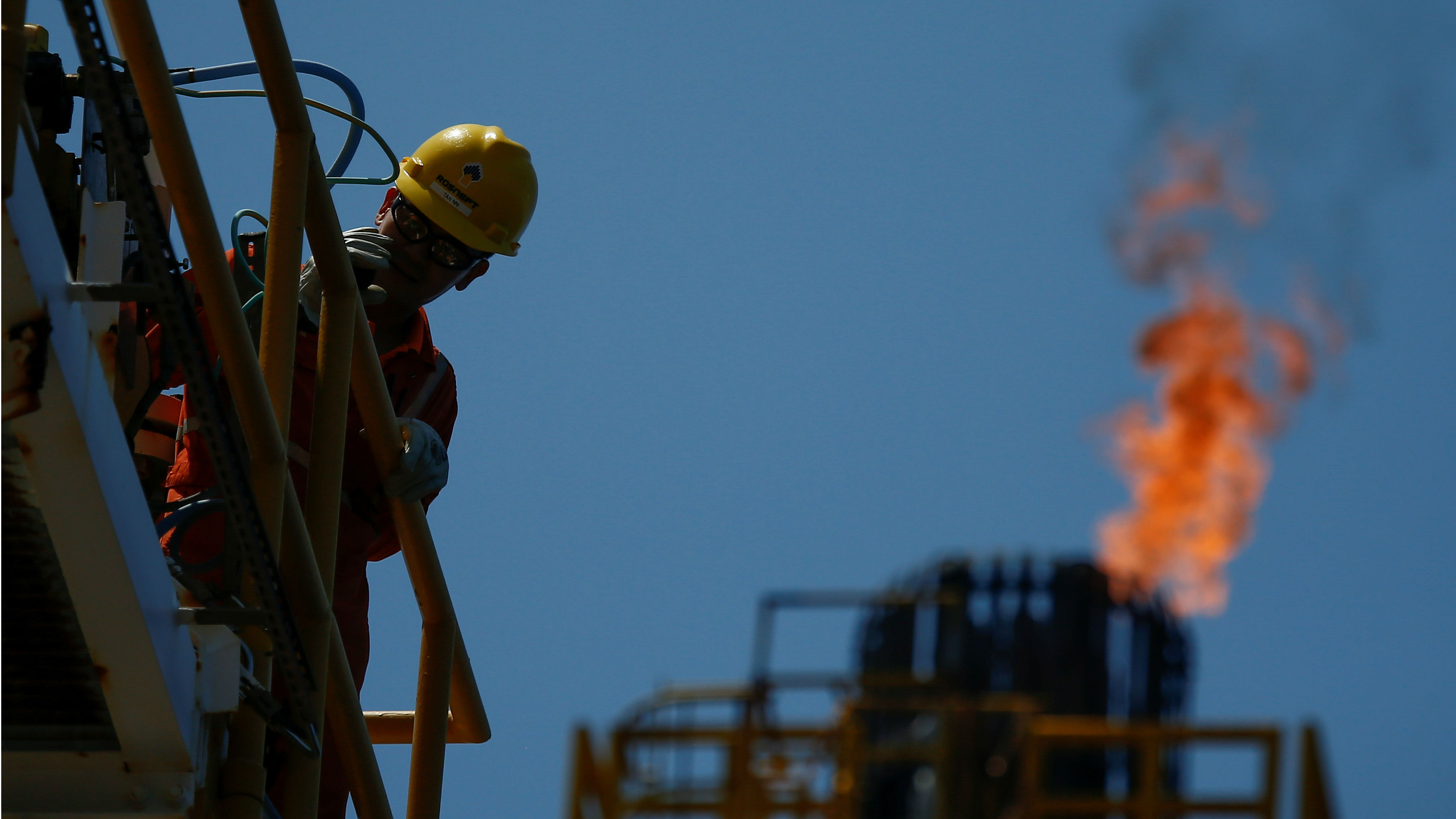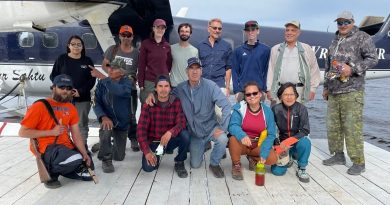Rosneft announces more offshore drilling in Arctic Russia

Five years after it found one of the largest oil fields in Arctic waters, Rosneft makes clear that more drilling in the Kara Sea is coming up.
Together with regional authorities in Taymyr, the far-northern peninsula, Rosneft last week held public hearings on its upcoming oil exploration in the Vostochno-Prinovozemelsky-2 license area.
The operations are due to take place during the ice-free season of 2020, a representative of the company’s Arctic research department told the local audience.
In case of bad weather conditions, the drilling could be postponed to 2021, the company representative made clear.
It will be a 101-meter-long, 80-meter-wide semisubmersible drilling rig that will be applied. Onboard will be up to 150 people.
The meeting was organized by Rosneft in cooperation with local authorities. It took place in Dudinka, the port town in the Taymyr Peninsula, news agency PortNews reports with reference information from the local government website.
The Vostochno-Prinovozemelsky-2 license area is located in the Kara Sea adjacent to the Vostochno-Prinovozemelsky-1 and Vostochno-Prinovozemelsky-3. The three licenses together cover a 125,904 square kilometer area. Water depths in the area vary from only 10 to 440 meters.
The well to be drilled next year is called the Ragozinskaya.
The exploration comes at least six years after Rosneft made a huge discovery at University-1, a well located in the Vostochno-Prinovozemelsky-1 license area. The well, which later was named Pobeda (Victory), turned out to hold more than 125 million tons of oil. And resources could be far higher, Energy Minister Aleksandr Novak later said, and indicated that it could be as much as 500 million tons.
Back then, it was partner ExxonMobil that signed the paychecks and contributed with key resources, and a Norwegian rig that did the drilling. A big number of Norwegian oilmen were also involved.
The discovery of the Pobeda was made at the same time as Russia annexed the Crimea and Western sanctions soon followed.
In February 2018, representatives of ExxonMobil confirmed that the company was pulling out of its comprehensive Arctic cooperation with Rosneft. The reason was the sanctions imposed on Russia, the company explained.
Related stories from around the North:
Canada: Mining boom to drive economic growth in northern territories beyond rest of Canada, report says, CBC News
Finland: Finnish researcher looks to blue-green algae for biodiesel production, Yle News
Norway: LNG-reloading operations end in Norway’s Arctic waters, The Independent Barents Observer
Russia: Norwegian ships accompany Chinese rig to Russian Arctic drill site, The Independent Barents Observer
United States: Democrats continue fight against drilling in Arctic wildlife refuge in U.S. Congress, Alaska Public Media



